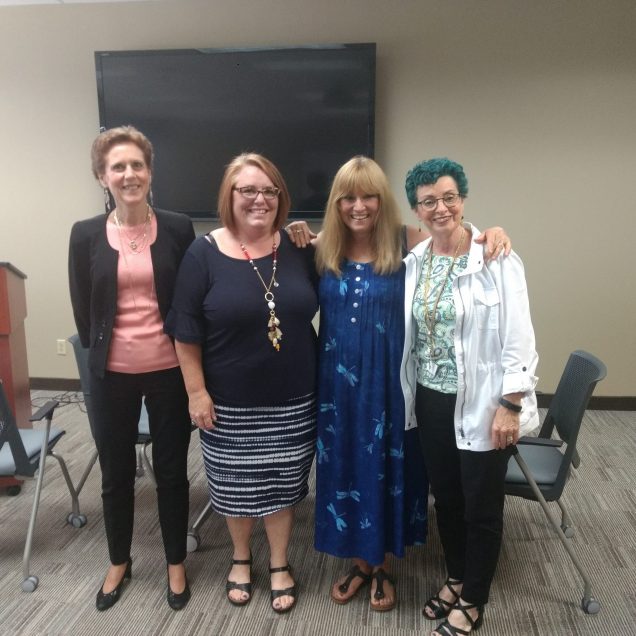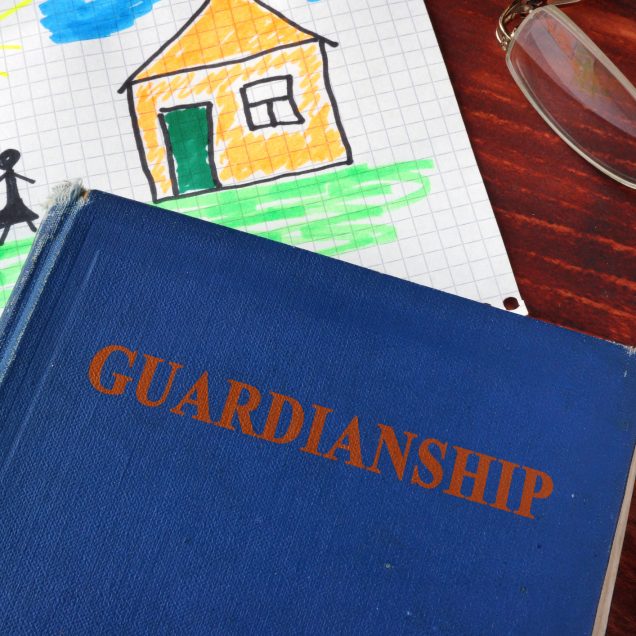Part I | Transition Planning for Kids with Disabilities: What happens when they grow up? | 3/14/19
$10.00
Join us as we partner with Barb Ziemke of PACER to learn more about what we can offer to our families who have children with disabilities, and deepen our skills and knowledge with greater understanding around transition planning. Collaborative Divorce can be a critical time in the life of a family, one in which offering a window to the future can help them avoid future conflict and move forward with hope and intentionality.
First Presented: Thursday, March 14, 2019
Topic: Part I |Transition Planning for Kids with Disabilities: What happens when they grow up?
Speaker: Barb Ziemke, Co-Director, PACER’s National Parent Center on Transition and Employment
https://www.pacer.org/
Description:
Virtually every family law attorney has had to learn their way around Individual Education Plans, Supplemental Needs Trusts and Special Needs Trusts. Most attorneys have experienced firsthand some of the internal family conflicts that come with divorce proceedings for such families. They can include conflict over treatment plans, medications, diet, and many other issues.
But what happens when these kids grow up?
Increasingly, there are options available to children with disabilities which did not even exist several years ago. Colleges are creating programs to help children with disabilities integrate into a meaningful academic and social experience. New financial devices (such as ABLE accounts) are available to do longer term planning. For children who are capable of benefiting from these resources, the old pattern of placing them into Guardianship at age 17 or 18 can even be an obstacle to getting access to such resources.
How can Collaborative Practice help empower such families, to help them understand the larger world which may await children with disabilities, and to connect these families to the financial planning and service communities which can help children get there?
Join us as we partner with Barb Ziemke of PACER to learn more about what we can offer to our families who have children with disabilities, and deepen our skills and knowledge with greater understanding around transition planning. Collaborative Divorce can be a critical time in the life of a family, one in which offering a window to the future can help them avoid future conflict and move forward with hope and intentionality. This window may be short-lived for some children, and it’s important to have this critical information to share with our families while it can still be integrated effectively.
Other Training Videos
-

Compelling Learnings from Divorce Clients
$10.00 Add to cart -

Deepening Without Drowning: Accessing Hope, Managing Threats & Breathing Fresh Air | 5/14/19
$40.00 Add to cart -

Ethics Matter! Especially for Collaborative Practice
$40.00 Add to cart -

Guardianship and Conservatorship – What are they and how they can impact a divorce?
$40.00 Add to cart

